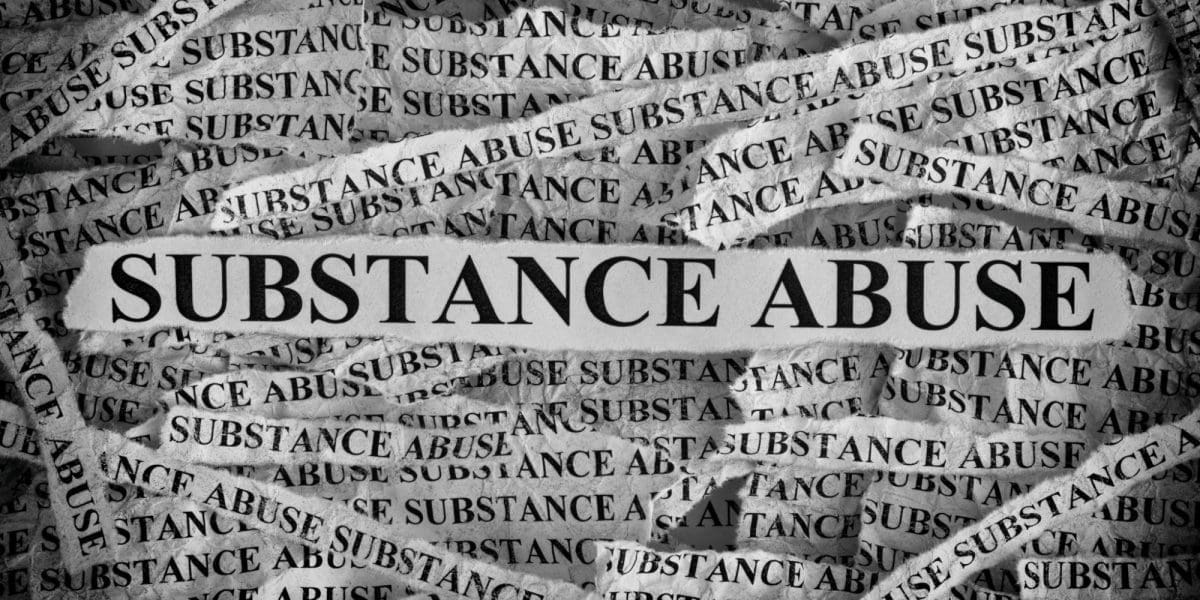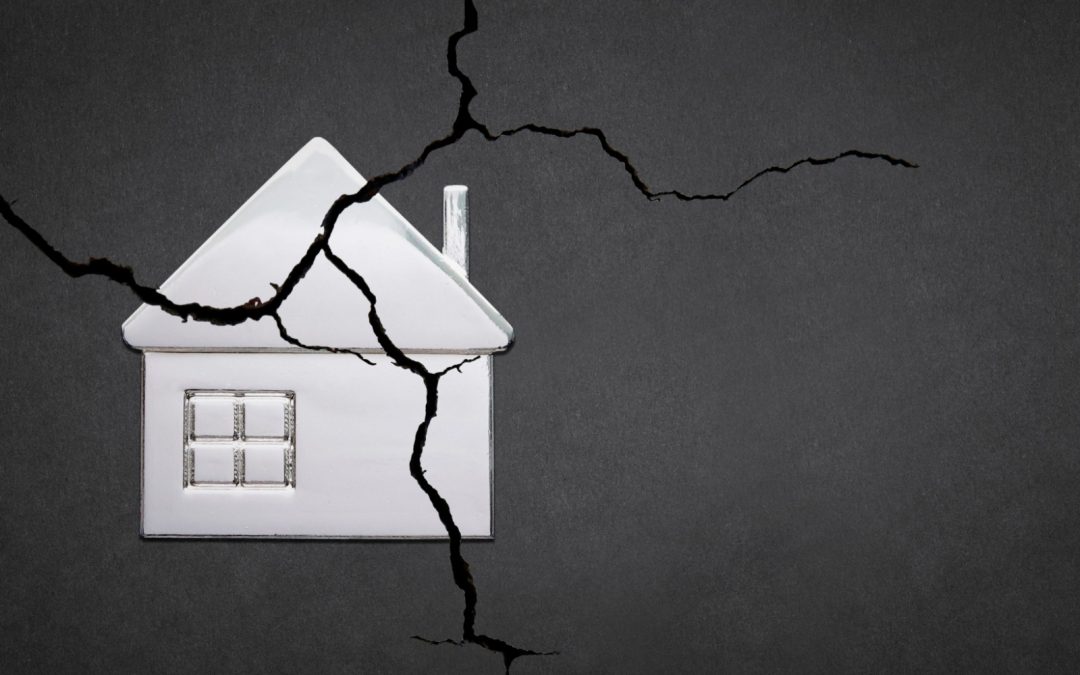The effects of addiction on whole households have been studied for years, and researchers have noticed patterns of addiction playing out across families. As a result, these observations have led to the recognition of six primary family roles in addiction.
Many people already acknowledge that drug and alcohol addiction can wreak havoc on someone’s life. Their physical and mental health can both deteriorate, and they put many of their relationships at risk.
However, it is important to remember that relationships are two-way streets. If a father’s addiction harms his bond with his daughter, he does not only lose a child. The daughter loses her father as well.
In this way, untreated addiction often leads to dysfunctional environments and fractured relationships. The six family roles in addiction are proof of that. But what are the family roles in addiction, and what can you do if you see them in your own family?
Drug and Alcohol Addiction: A National Problem

Dysfunctional family roles in addiction can make it feel like a house is about to cave in on itself, but it’s important to remember that you are not alone. According to the National Institute on Drug Abuse, over 20 million people have been diagnosed with a substance use disorder in the past year.
That means over 20 million families live with drug or alcohol addiction in their households. Furthermore, consider that only about 10 percent of people with addictions receive professional treatment. In other words, for 18 million of those families, the addicted individual is not receiving professional help to recover.
In these types of stagnant or worsening environments, it becomes very easy for tensions to rise. Rifts may form between family members that feel impossible to bridge. However, the numbers above also show that addiction is a widespread problem. It is a well-researched condition, and there are many avenues through which someone can get help.
The 6 Family Roles in Addiction
Sharon Wegscheider-Cruse, the founding chairperson of the National Association for Children of Alcoholics (NACoA), originally solidified the concept of family roles in addiction. As a family therapist and an expert in the fields of addiction and codependency, Wegscheider-Cruse dedicated many years of her life to the study of how substance abuse affects entire households.
Her research led her to identify six primary family roles in addiction. Of course, most families do not have one person who perfectly fits into each role. Rather, individuals may feel as though they play multiple roles, and some of the family roles of addiction may not be present in every family. The point of identifying the family roles in addiction is not to describe every family with an addict, but to recognize the types of trouble that addiction creates in the family unit.
With that in mind, here are the six family roles in addiction:
1. The Addict Role
At the core of every addicted family stands the person who misuses substances. Of all the family roles in addiction, that of the addict typically serves as the starting point. The other five roles tend to develop in response to the difficulties created by this person’s substance abuse.
The addict’s behavior can be unpredictable depending on factors like the type of substance they abuse and how frequently they do so. In many cases, they may blame others for their problems and have a tendency to lash out.
2. The Caretaker Role
Someone—often the addict’s spouse, but sometimes a child—who tries to hold the family together and keep everyone happy all by themself may fall into the role of the caretaker. However, the way they go about keeping the peace often involves enabling behaviors that do more harm than good. For example, they often deny that substances are the source of the problem at all.
To illustrate this more clearly, consider this role as being the caretaker of the addict rather than the entire family. This person makes excuses for the addict’s behavior and tries to cover their responsibilities for them. As one of the family roles in addiction focused on maintaining the family’s external image, the caretaker feels a lot of pressure to keep any issues secret.
3. The Hero Role
The hero exists to make everything appear peaceful and functional. They are often the eldest child and may feel pressured to succeed wherever other people can see them. In their mind, bringing esteem and respect to the family is worth more than maintaining their own mental health.
As a result, they tend to stay highly stressed while chasing achievements like perfect grades or extracurricular success. In addition, the hero can be rather controlling. They are one of the family roles in addiction responsible for keeping things from falling apart. They do so with a Type A personality that urges them toward positions of power and authority.
4. The Scapegoat Role
Denial maintains a strong presence in the household of a dysfunctional family. Instead of identifying addiction as the source of their issues, other members of the family may turn on the scapegoat instead and blame them for the family’s problems.
In turn, the scapegoat may shy away from the rest of the family. They may act out in defiance or spiral into depression in the wake of all the aggression they receive. Compared to the other family roles in addiction, the scapegoat is one of the more ostracized members. They often feel like an outsider and, in extreme cases, may one day cut contact completely.
5. The Mascot Role
The mascot focuses on distracting the family from their issues through the use of humor. This is another one of the family roles in addiction that often falls to a child. Compared to other children in the household, the mascot may be seen as particularly goofy or immature.
Humor is a common coping method used in the face of strife and trauma. While some people see the mascot’s humor as a sign that things are not “that bad,” the truth of the matter is that their humor is more like a band-aid. It serves to lessen overall stress levels, but it also disguises their own pain without offering a real resolution.
6. The Lost Child Role
The lost child, in many ways, flies under the radar of the rest of the family. Lost children are the quiet ones who often feel invisible to the rest of the family. They keep to themselves and try to avoid involving themselves in the family’s problems. These behaviors often make them one of the loneliest family roles in addiction.
As the lost child shies away from other family members, attention that would have gone to them may go to the addict instead. This increases the lost child’s feelings of invisibility and can lead to them questioning their own worth.
Repairing Family Roles in Addiction

Even if a household contains dysfunctional family roles in addiction, it is possible for everyone involved to make a full recovery. However, the best way for them to do so may involve adding distance or temporarily leaving the unhealthy home environment.
Chaotic, toxic surroundings can inhibit addiction recovery for many reasons. For example, if a caretaker is present, they may enable addictive behaviors and cause the overall situation to worsen. Similarly, resentment can build around roles like the scapegoat.
Left unaddressed, it is easy for these scenarios to become cyclical in nature. They may grow increasingly extreme if no one reaches out for the help they need. To restore relationships between family members and learn how to overcome the impacts of addiction, acknowledging the problem is a necessary first step.
Inpatient Addiction Treatment
Out of all the family roles in addiction, the addicted individual is often the one who has the most to gain by removing themself from a harmful environment. One of the best places they can go to make strides toward recovery is an addiction treatment center. There, they can enroll in an inpatient rehabilitation program.
While this helps them, it also benefits the rest of the family, who may participate in treatment through mediated sessions of family counseling and educational services. During these sessions, everyone may discuss their family roles in addiction and how they can repair any harm caused between them.
Other activities someone with a substance use disorder may partake in during inpatient treatment include:
- Cognitive behavioral therapy (CBT)
- Group therapy
- Nutritional consultations
- Recreational therapy
- Relapse prevention planning
- Links to community support groups
This combination of treatment options, as well as ample family therapy, can help an individual recover from addiction. During treatment, they learn vital coping skills and healthier habits that make it easier to communicate with their loved ones and move into a new chapter of their life.
Addiction Treatment in Naples, Florida
The Willough at Naples is an addiction treatment facility that helps individuals with substance use disorders and other types of mental illness. Our inpatient program takes place in our peaceful, retreat-like rehab center. The tranquility and comforts we provide allow patients to fully immerse themselves in recovery with zero added stress.
If you have any questions about our addiction treatment programs or you want to talk more about family roles in addiction, call us today. You can reach our admissions team at (239) 688-3063 or by filling out a confidential contact form online. And remember: It is never too late to ask for help.

